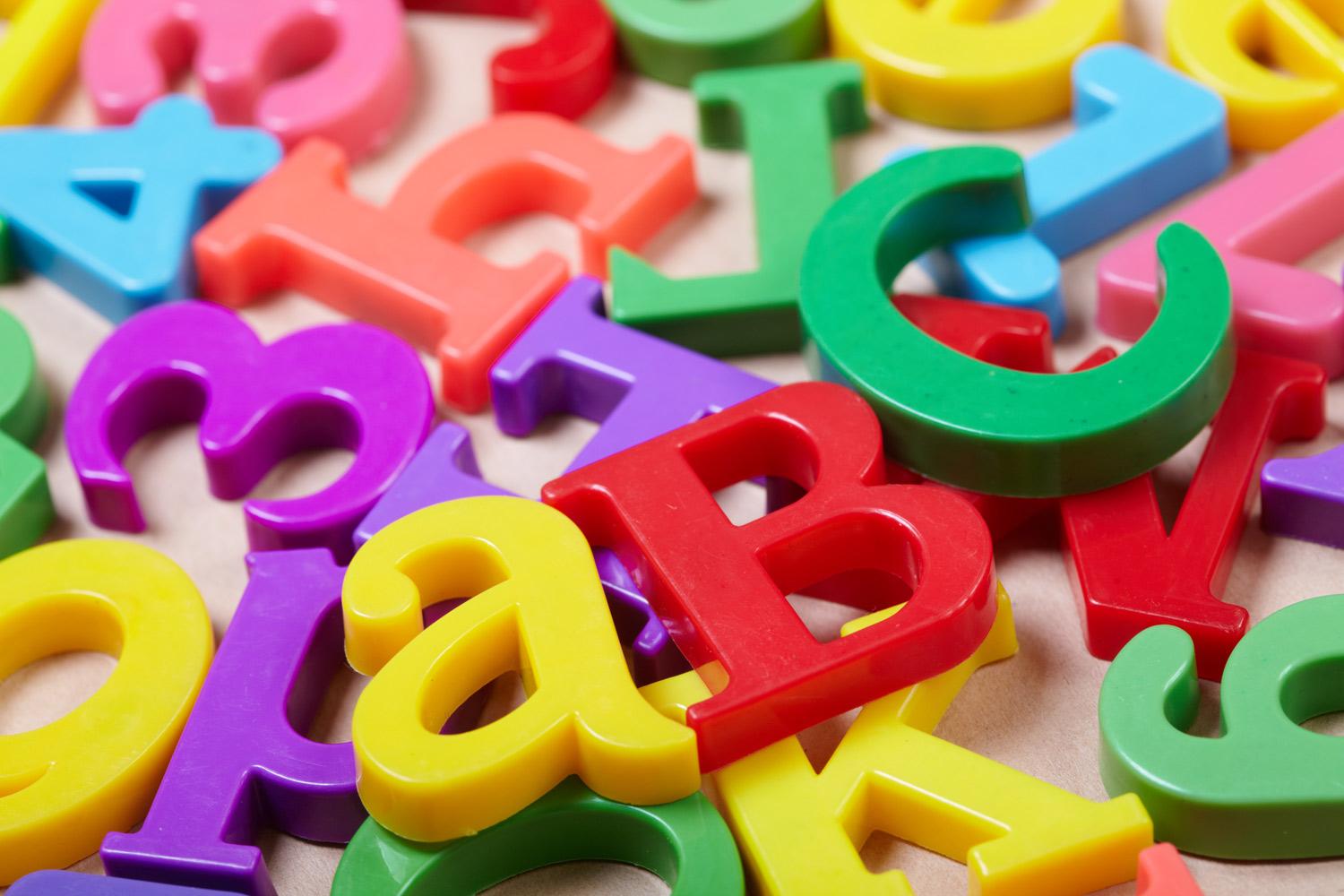
Growing Readers Together
April Tips for Kindergarten Parents
How to Help Your Child Delete Initial Sounds in Words
The ability to hear word parts is an important skill in helping children become readers and writers. Here is a fun game to play to help your child delete initial sounds in words.
Play What's the New Word?
Use the list below to help your child create new words by taking off the first sound of the original word. Ex: What word would be left if you took the /b/ off of beg? New word: egg
1. call without the / c / (all)
2. dare without the / d / (air)
3. harm without the / h / (arm)
4. chin without the / ch / (in)
5. near without the / n / (ear)
6. pitch without the / p / (itch)
7. roar without the / r / (oar)
8. vowel without the / v / (owl)
9. shape without the / sh / (ape)
10. teach without the / t / (each)
**It's important to remember that this is a sound game and not a spelling game. The child should not be looking at the word, only listening to it being said aloud.**
WORKING WITH SHORT VOWEL SOUNDS AND WORD FAMILIES
Helping children learn about vowel sounds and word families can lay the foundation for future spelling strategies and have a positive effect on their literacy skills. Recognizing patterns in words is strongly predictive of reading and spelling acquisition.
Here are some ways to practice short vowel sounds and word families. EX: (-op, -ot, -og)
1. Play "Three Little Houses"
Have your child draw a picture with three houses. Label one house "op", another "ot" and the last one "og". Write the following words on pieces of paper or index cards: hop, not, dog, hot, pop, fog, dot, top, jog, cot, mop, log. Now let your child read each word and "send it home". They can place the word under the house where it belongs!
2. Watch these fun videos:
3. Play these fun games:
Talking about Reading with your child
The goal of reading is to understand and comprehend what is being read. For our beginning readers, we can deepen their comprehension skills by discussing the books we read aloud with them. The books we read aloud often have more opportunities for deep discussion than the simpler stories our kindergarteners are able to read on their own.
Making Connections: Explain that good readers make connections as they read. They make connections to their own lives (text-to-self), to other books they have read (text-to-text), and to things they have seen (text-to-world). Here are some questions to ask your child as you read together....
What does this book remind you of?
What does this book make you think of?
Does this remind you of another book you have read?
Does this remind you of a movie or television show you have seen?
What is your favorite part of the book? Why do you like that part?




